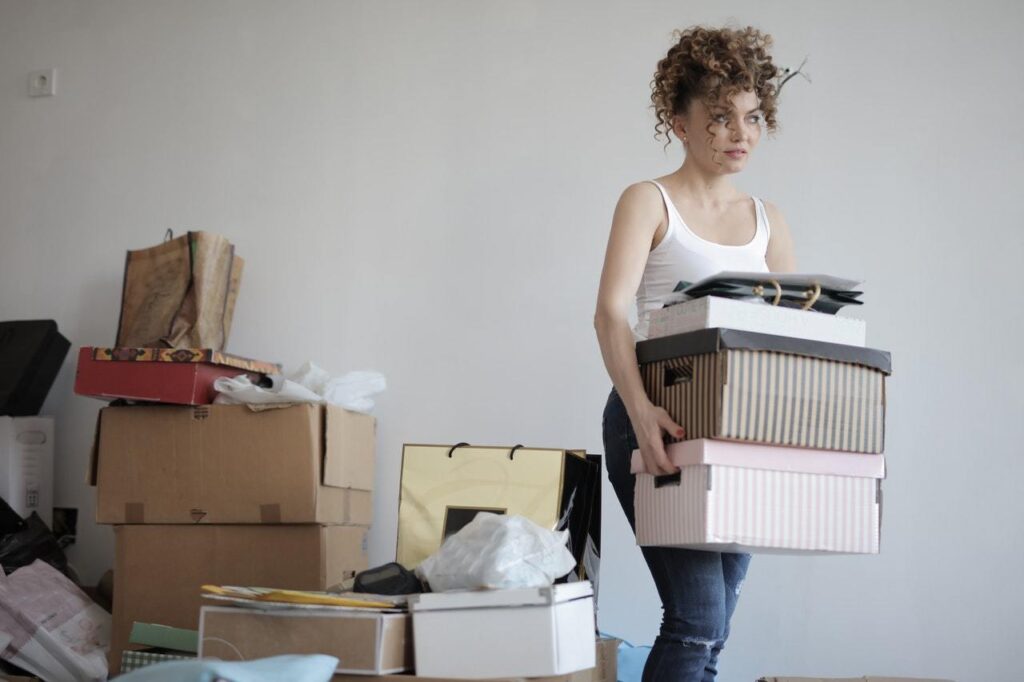Investing in rental property is one of the most beneficial financial strategies available. The premise is simple. You’ll make regular mortgage payments for your property and pay for any necessary upgrades or repairs. Your tenant will pay you an amount greater than the total sum of your expenses, resulting in a monthly profit. And when it comes time to sell the property, you’ll benefit from the appreciated value of the home.
There’s just one problem: what happens when a tenant decides they want to end the lease? And how do you deal with an empty property?
The Vacancy Problem
Vacancies have the power to kill the profitability of an otherwise successful investment property. When the property is unoccupied, it’s going to lose you money; you’ll still be responsible for making monthly payments on the property, but you won’t have any revenue coming in. In other words, you’ll be losing money. If your property remains unoccupied even for a couple of months, it could be devastating to your bottom line.
Accordingly, tenants choosing to leave is a problem. If they consistently move out at the end of their lease, or worse, if they break the lease early, you’re going to miss out on some serious revenue.
It’s highly valuable to focus on minimizing tenant turnover; in other words, keeping your tenants in your property for as long as possible.
So how can you do it?
Also Read
Why Tenants Leave
Everything starts with recognizing the main reasons why tenants leave.
Some of the motivating factors are beyond your control:
- Health issues. A tenant may be experiencing health issues. If they’re forced to seek full-time care, or worse, if they pass away, there’s nothing you can do.
- Family needs. Your tenant may also move due to some kind of family need or family change. If they have a child, they may need to move to a bigger space. If they get a divorce or separate from their partner, they may need to move to a smaller space. They may also want to move back home to be with a loved one.
- A new job. When a tenant finds a new job, they may be practically forced to move. If they’re changing cities or states, no property upgrade could convince them to stay.
- A life upgrade. Your tenant may also be ready for a significant life upgrade; for example, they may have saved up to buy a house of their own.
- A change in budget. It’s also possible that your tenant has lost a job, that their voucher program has expired, or that they’ve experienced another budgetary change that renders your rent unaffordable.
However, many motivating factors are well within your control:
- Dissatisfaction with rent cost. Many tenants leave because they’re not happy with the price of rent, or because the rent is going up and they don’t understand why. You can get ahead of this problem by making sure your rent is fair and competitive for the area. If you do decide to increase rent prices, do so gradually, and don’t issue rent increases every year.
- Discovery of a competitive offer. Let’s say your tenant finds an apartment in a nearby area that has the same layout and all the same amenities as yours, but it charges lower rent. Wouldn’t it make sense for them to move? Again, researching rent comps and charging a fair amount for rent is an ideal solution for this problem.
- Unhappiness with property condition. It’s hard to blame a tenant for leaving when the property is in poor condition. If there are major fixes or upgrades that have been neglected, it’s only natural for a tenant to seek shelter elsewhere. This is another potential problem that’s easy to proactively solve. When your tenant comes to you with a maintenance or repair request, respond promptly, and do whatever you can to keep the property in good condition.
- Disruption in the neighborhood. Some tenants leave when they have an issue with the neighborhood. There may be a noisy neighbor, a wave of crime, or another problem that forces them out. Some of these issues are beyond your control, but you often have a chance to improve the situation with negotiations, property upgrades, and other controls.
- A problematic relationship. As a landlord, it’s your responsibility to stay on good terms with your tenant. If your tenant feels like you’re rude, unreasonable, or hard to communicate with, they may leave. Work hard to start the relationship on good terms and keep it on good terms with responsiveness, open communication, and trust.
Acknowledging the reasons why tenants leave and proactively addressing issues when possible can instantly make your rental property more profitable. Work with your tenants to create the most hospitable environment and you’ll significantly reduce your turnover rate.
